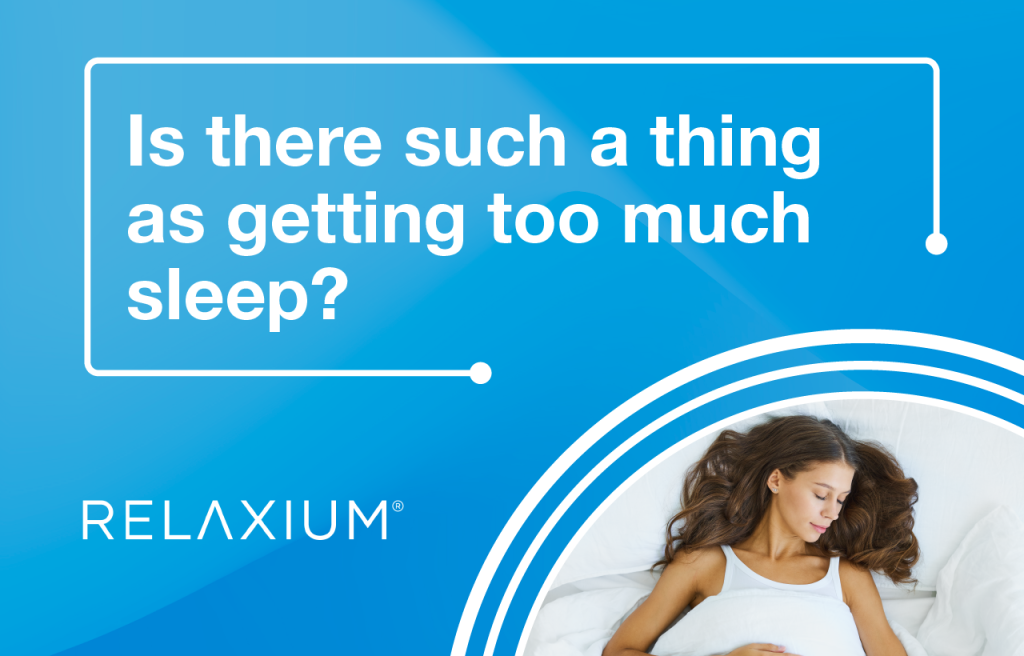Sleep – it plays a vital role in almost every aspect of our lives. Sleep is essential to helping our body regulate and keep our immune systems healthy. Maintaining a regular sleep routine can help our body fight off infections. Our body can increase the duration of N3, or the deepest part of our sleep, that gives it more time to devote to fighting off infections. Sleep also produces melatonin, which is a sleep-promoting hormone. Melatonin helps to stimulate your immune system when activity is low or suppressed, and helps to counteract the overall stress that occurs from inflammation during your sleep. It also is known to be beneficial in providing immune cells with antioxidant protection, which helps strengthen the immune system overtime. While we sleep, our bodies are producing T-Cells, which are blood cells that play a crucial role in our bodies immune defense. Quality sleep can increase the T cells in your body, which then enhances your immune system further. Besides boosting your immune system, sleep offers various other benefits. According to The Sleep Foundation, some of these benefits include: improved mood, a healthier heart, regulated blood sugar, improved mental function, maintaining a healthy weight, stress relief, and even improving athletic performance. Let’s face it – There’s nothing better than laying down and blissfully falling asleep after a long day!
How much sleep is too much?
Although sleep is essential to so many parts of our life, there definitely is a point where you may be getting too much sleep. Most healthy adults need between seven to nine hours of sleep each night. This may differ, depending on the person and their daily routines. However much it may differ person to person, there definitely is an amount of sleep that is too much. Oversleeping can be defined as sleeping more than nine hours in a twenty four hour period. If you are routinely sleeping more than ten hours a night, you could be oversleeping.
What causes people to oversleep?
According to The Sleep Foundation, a number of health conditions may lead to oversleeping and excess daytime sleepiness. These include:
- Sleep disorders, including sleep apnea, insomnia, and narcolepsy
- Depression and anxiety
- Obesity
- Cardiovascular disease
- Diabetes
- Chronic pain
- Hypothyroidism
If you are experiencing changes in your regular sleep schedule, you could be oversleeping.
What are the effects of oversleeping?
There are numerous negative effects of sleeping too much. Studies have shown that sleeping too long (or not enough) can increase the risk for diabetes. Oversleeping can also lead to obesity. Headaches and back pain are another physical effect of oversleeping, as researchers believe this is due to the effect oversleeping has on certain neurotransmitters in the brain, including serotonin. Your mental health may suffer if you frequently oversleep. Although insomnia is more commonly linked to depression than oversleeping, according to WedMD, roughly 15% of people with depression sleep too much. This can in turn make their depression even worse, because regular sleep habits are important to the mental health recovery process.
Other common symptoms of oversleeping include daytime sleepiness, and excessive naps during the day. Your inflammation could worsen in your body, and your immune function may decrease due to oversleeping.
Tips to avoid oversleeping
If you find your sleep cycle is constantly irregular, there are some helpful tips that can stop you from sleeping so much!
Maintain a regular sleep schedule: Your sleep schedule is important for both your physical and mental health. Try to set a regular bedtime that you can stick to, and both go to sleep and wake up at the same time each day to try and maintain this.
Maintain a comfortable sleep environment: the environment in which you sleep in is important! Make sure you have a calming environment each night by getting good bedding, avoiding harsh lights and electronics too close to bedtime, and keeping a cool and regular temperature at night.
Exercise frequently: Getting regular exercise helps to regulate your sleep cycle. Aim to get 30 minutes of exercise each day, whether that is rigorous exercise or just a quick walk around the block.
Avoid naps: Napping too much or too close to your bedtime can impact the sleep you’re getting at night. Try to avoid naps altogether, or make them brief and earlier in the day to make sure you’re getting enough sleep (but not too much!), at night.
Avoid oversleeping on the weekends: While this may not be something that you want to hear, avoiding oversleeping on the weekends can help you to maintain a more regular sleep schedule during the week. If you’re constantly trying to “catch up” on sleep during the weekends, this could mean your weekday sleep routine needs to be fixed!
How Relaxium Sleep can help regulate sleep cycle
If you find yourself regularly oversleeping, Relaxium Sleep can help to regulate your sleep cycle.
Relaxium Sleep’s triple-action formula is designed to help you wake up each morning feeling refreshed by restoring your natural sleep cycle. This sleep supplement has been carefully crafted and is non-habit forming, easy to swallow, and has no risk of dependency. Oversleeping is a serious issue and can negatively impact your immune system. Relaxium Sleep promotes better sleep for better overall immune health. Using a perfect synergistic blend of ingredients, it will help you fall asleep quicker, stay asleep longer, and wake up feeling refreshed and rejuvenated.
To restful and healthy days ahead,
The Relaxium Team
* These statements have not been evaluated by the Food & Drug Administration. This product is not intended to diagnose, treat, cure, or prevent any disease
Sources:
[1] How Sleep Affects Immunity (sleepfoundation.org)
[2] How Melatonin Supports Your Immune System (womenshealthnetwork.com)
[3] 8 Health Benefits of Sleep (sleepfoundation.org)

